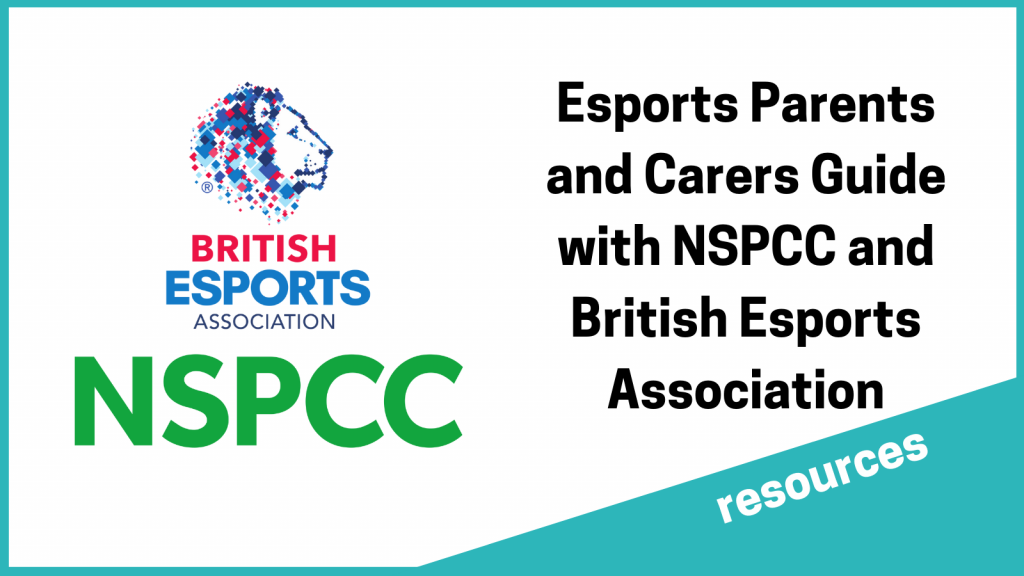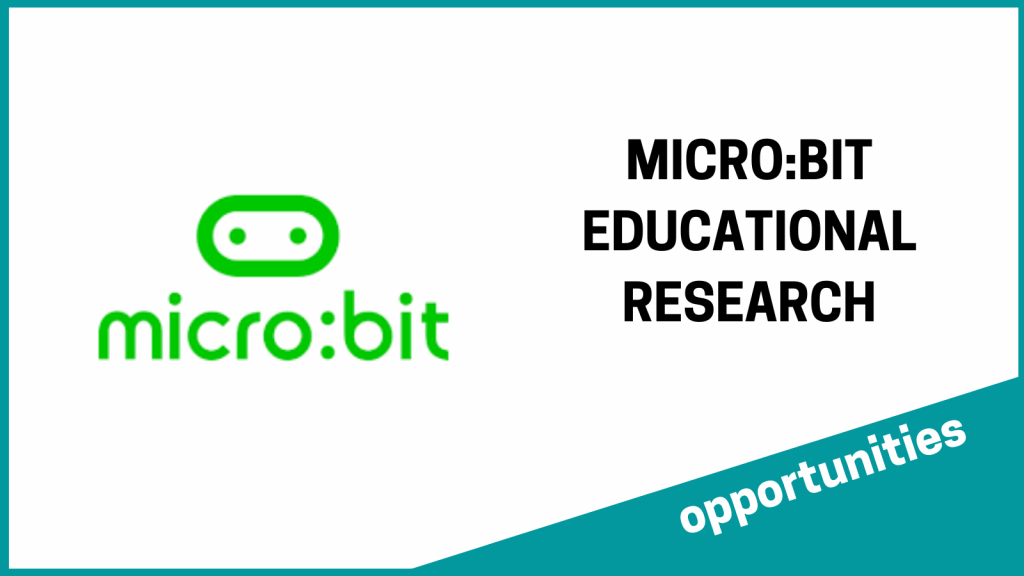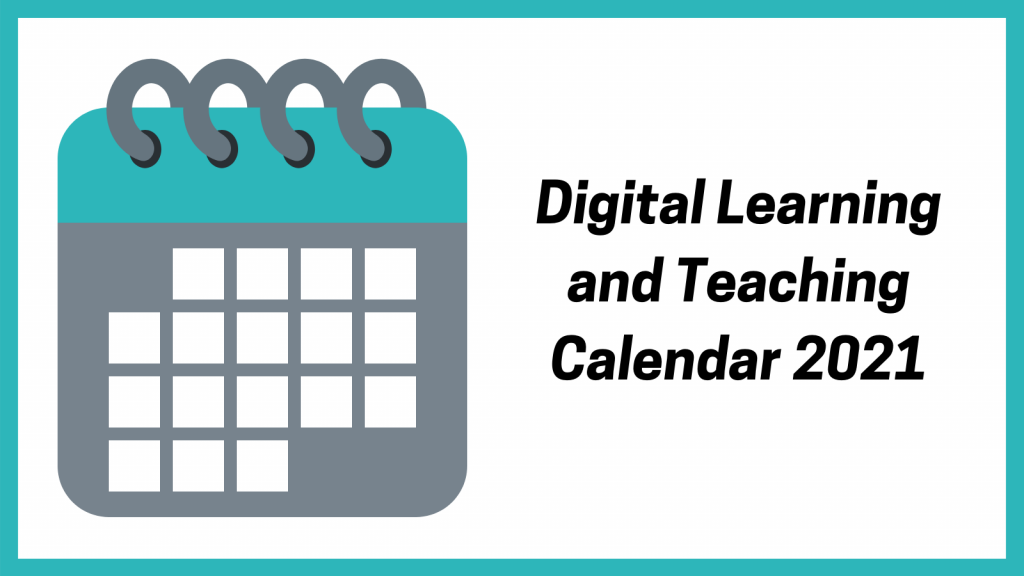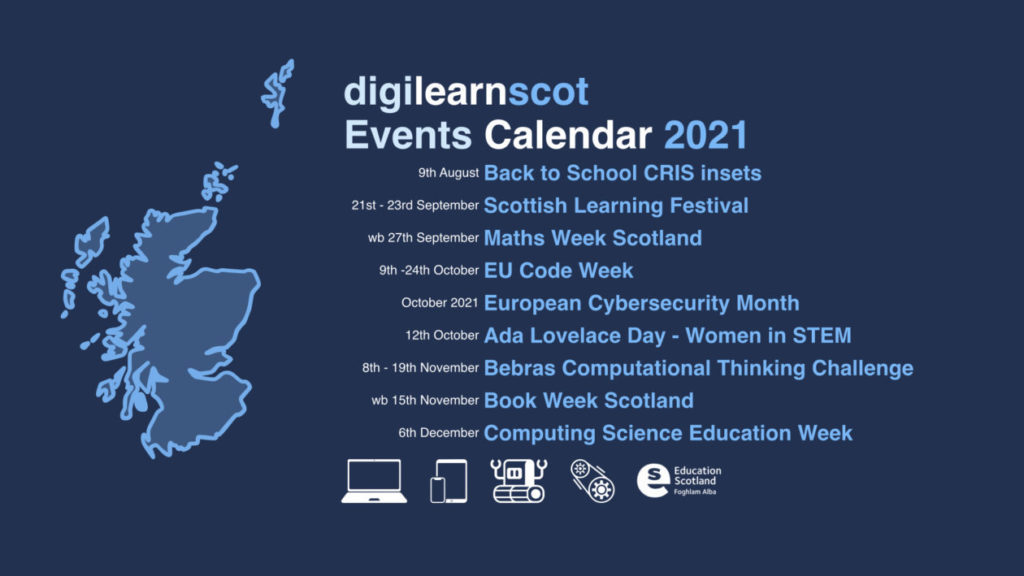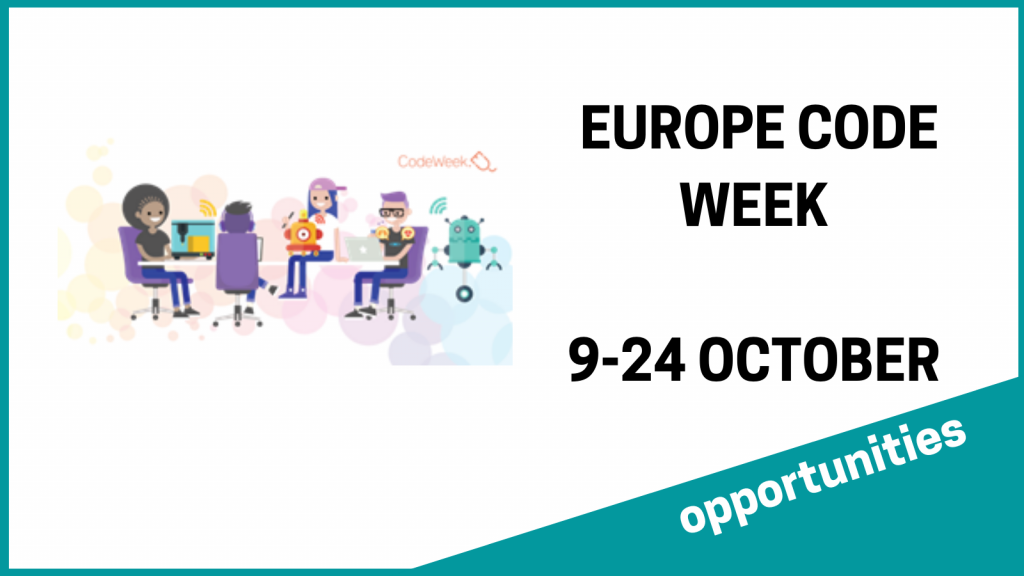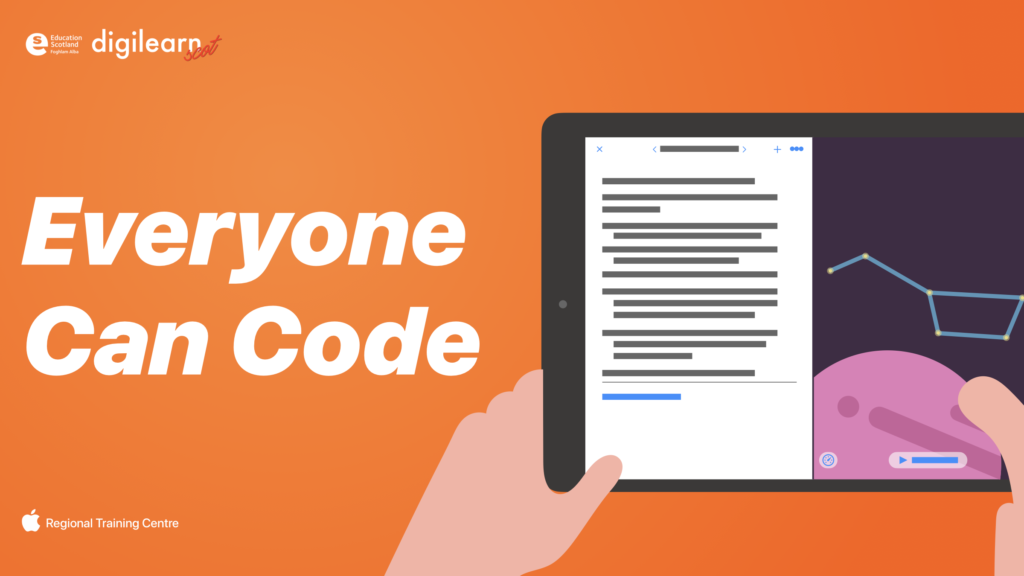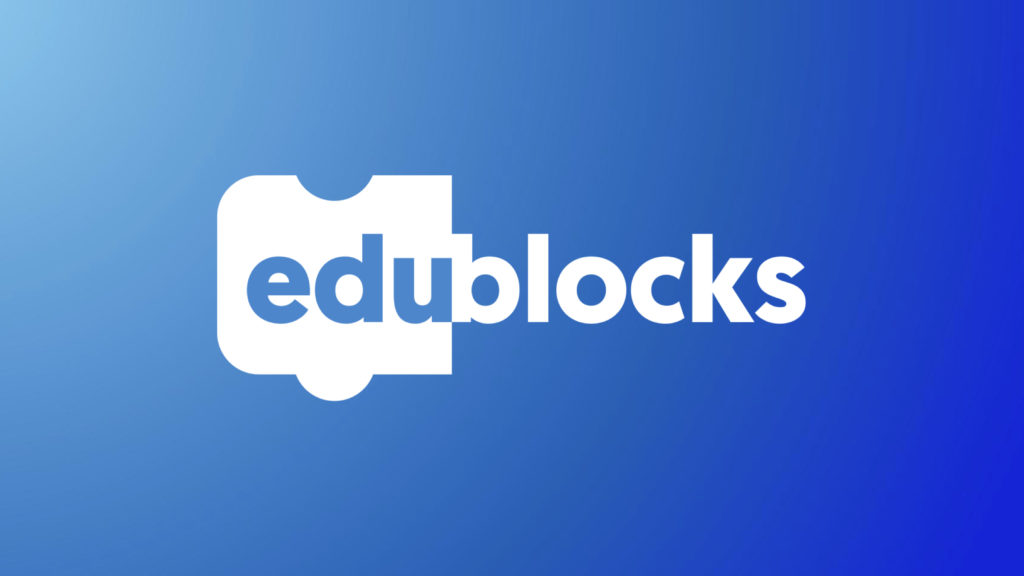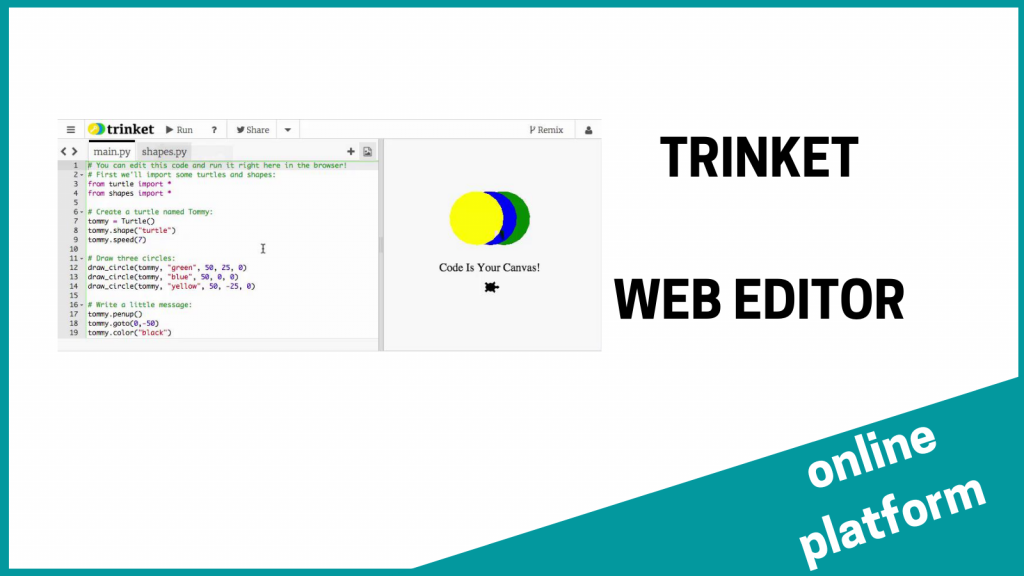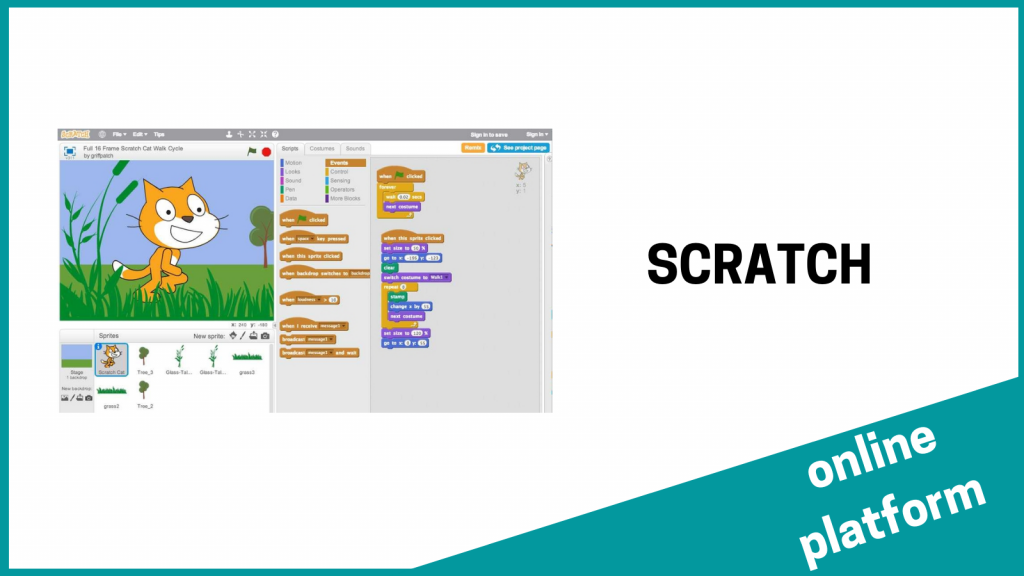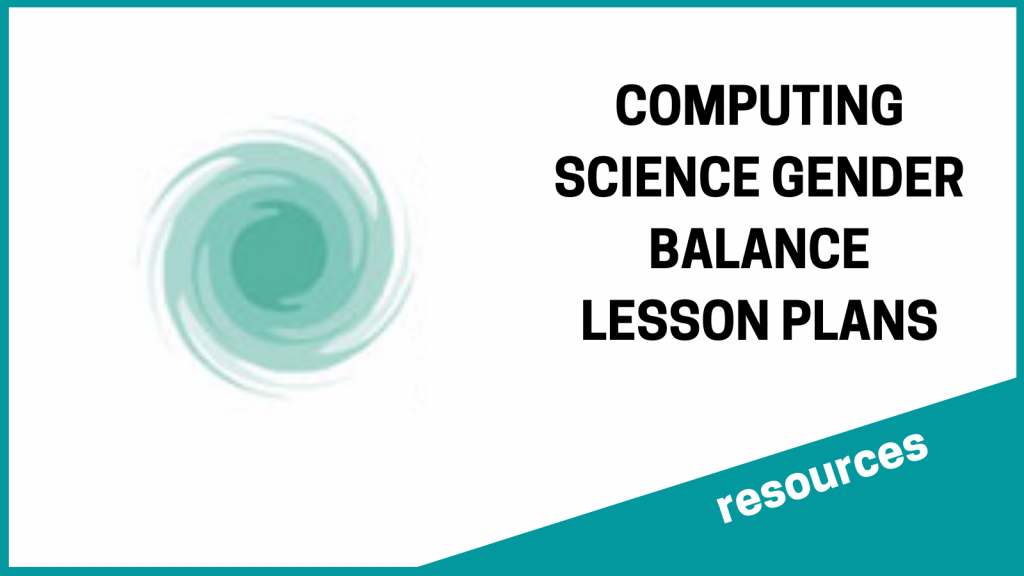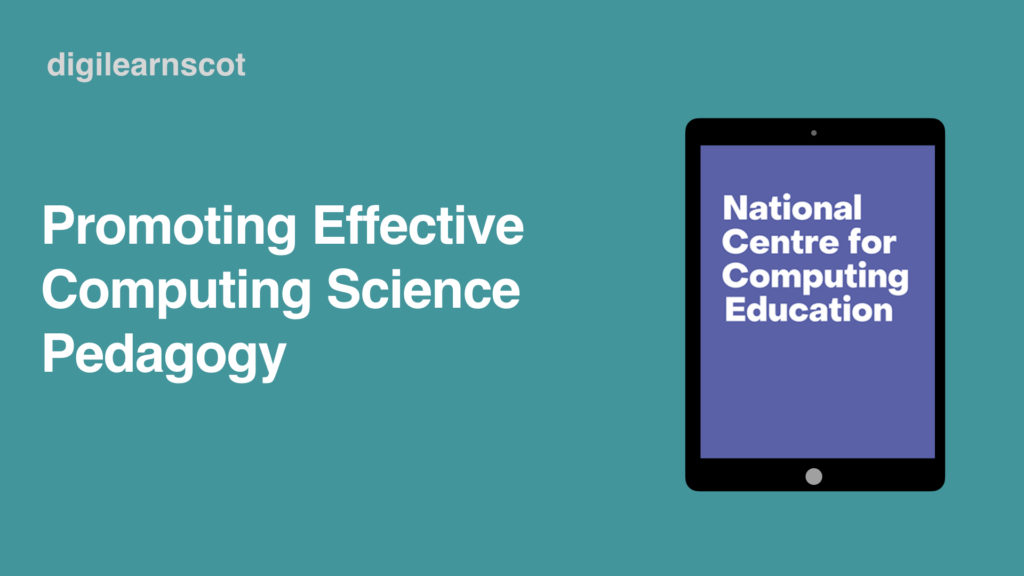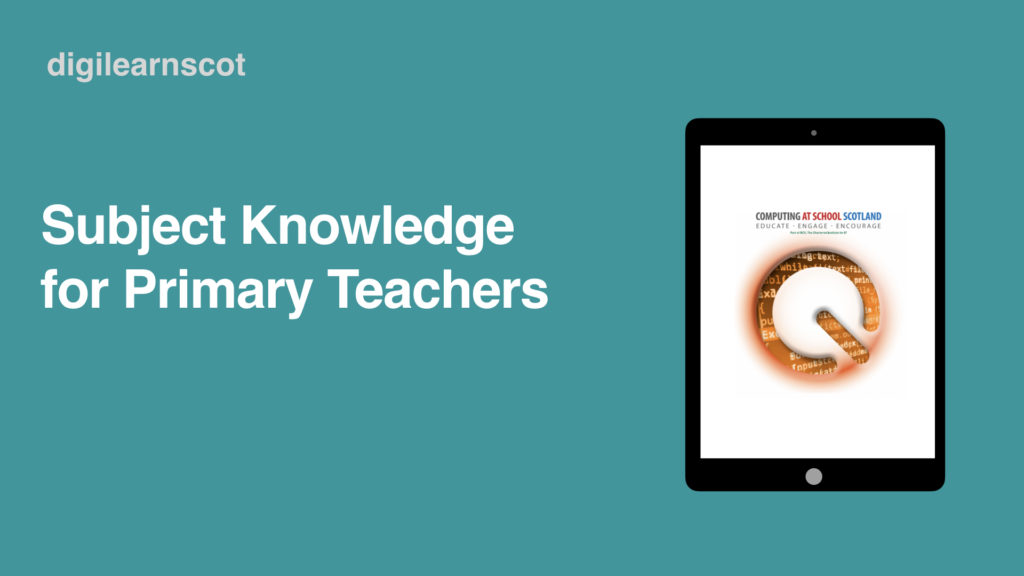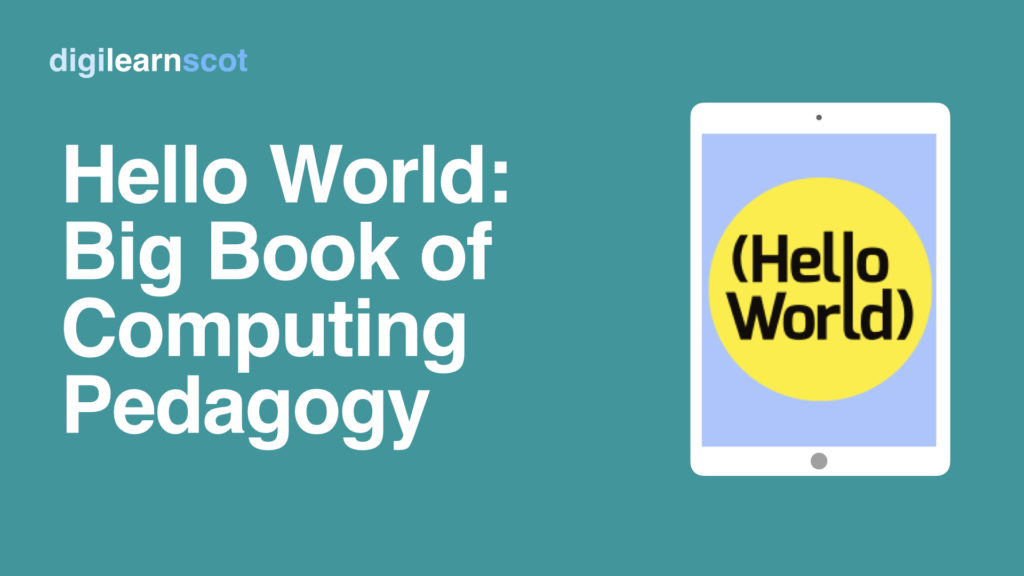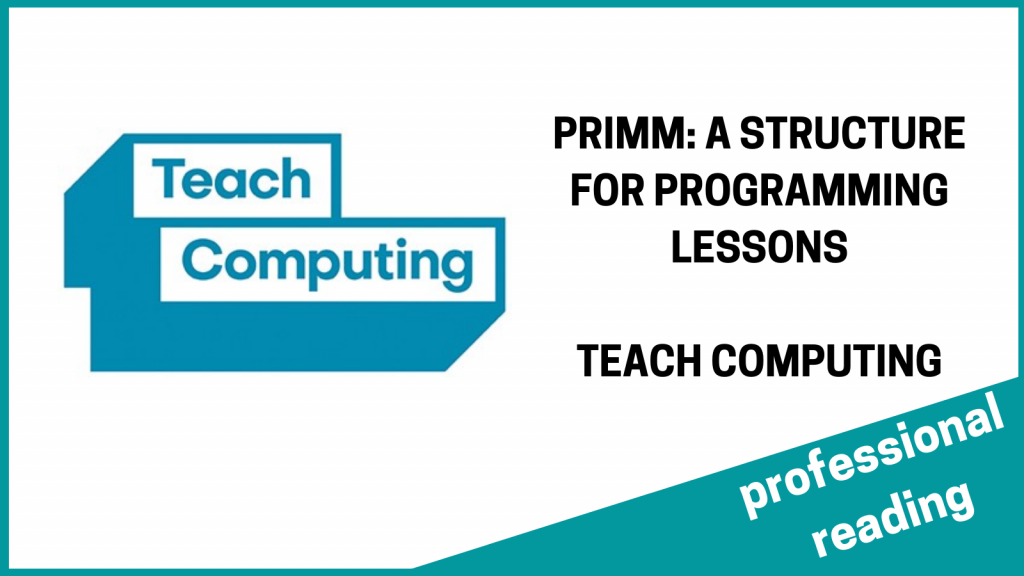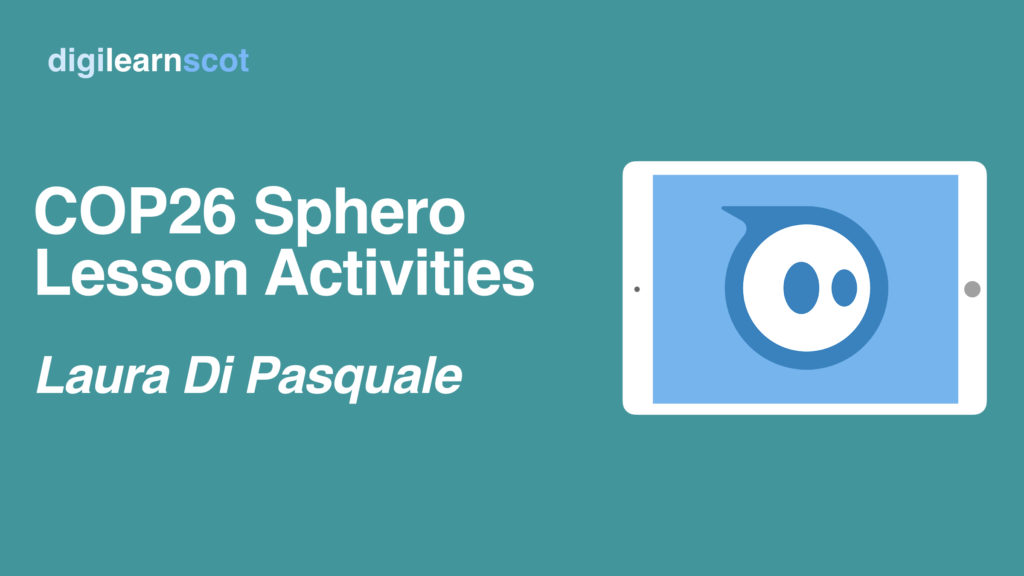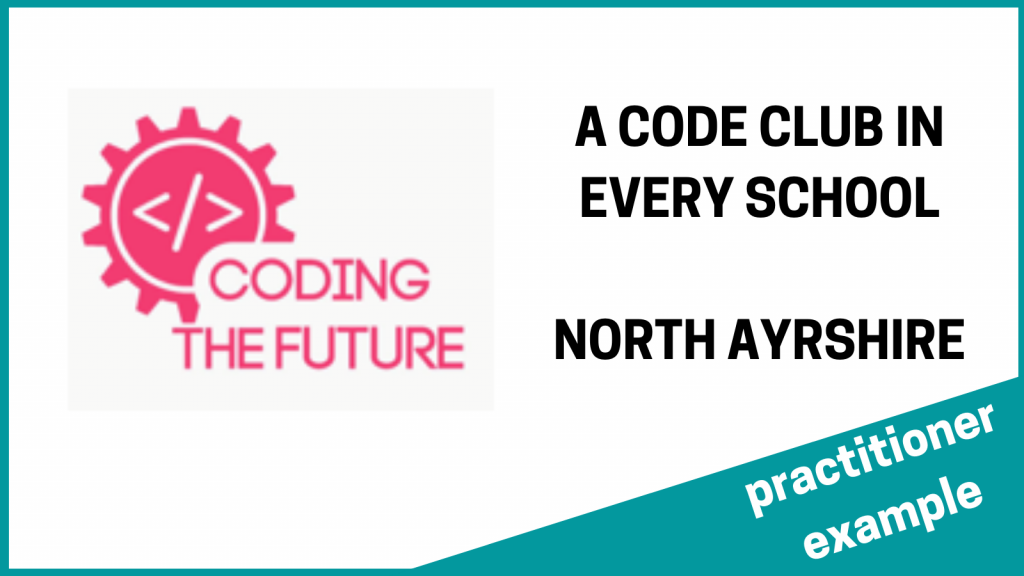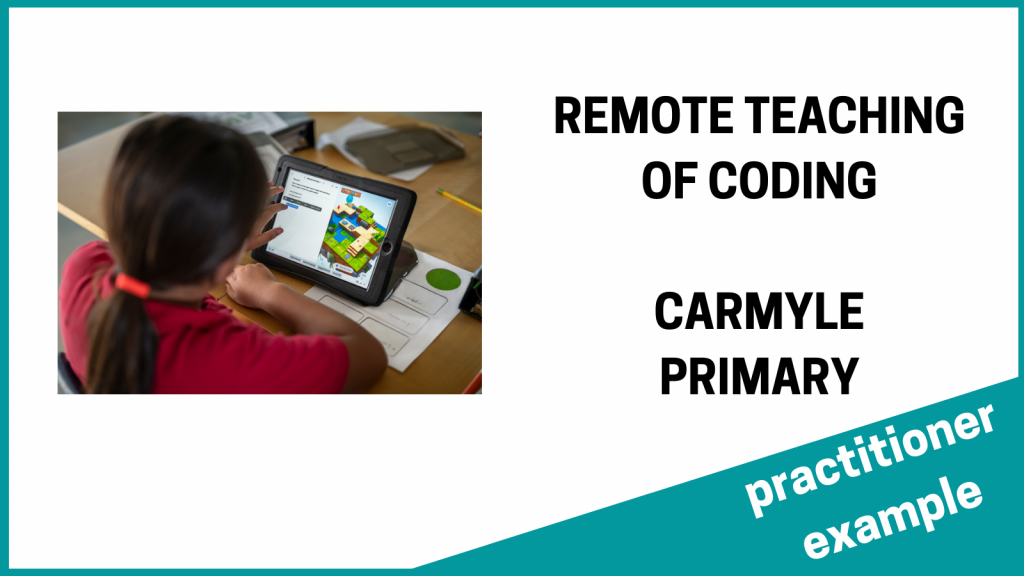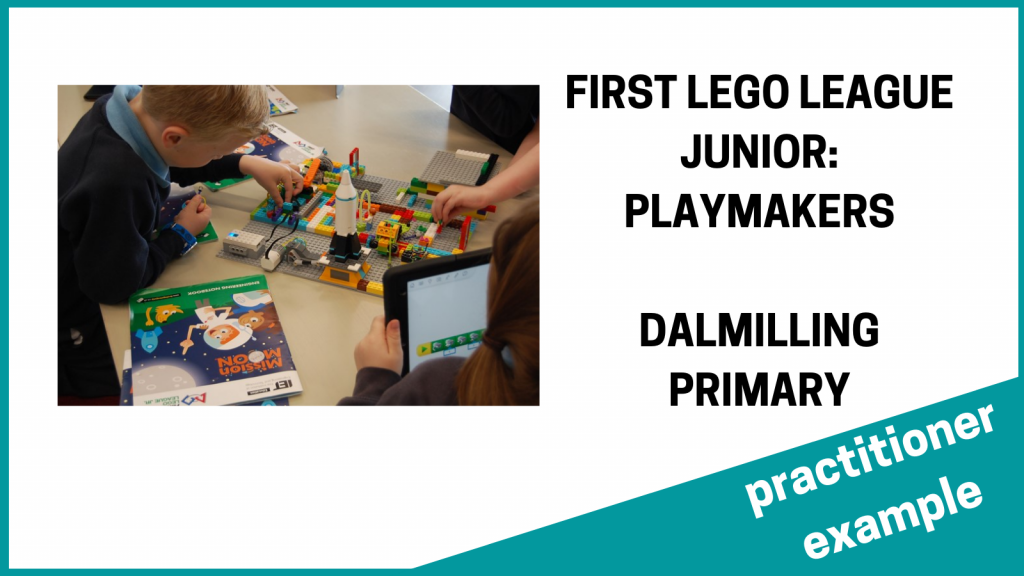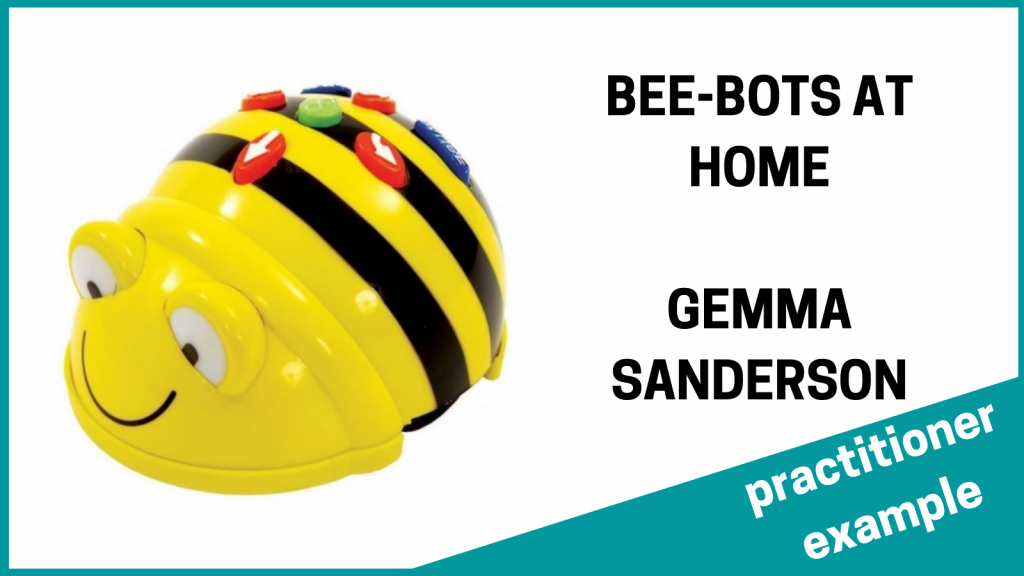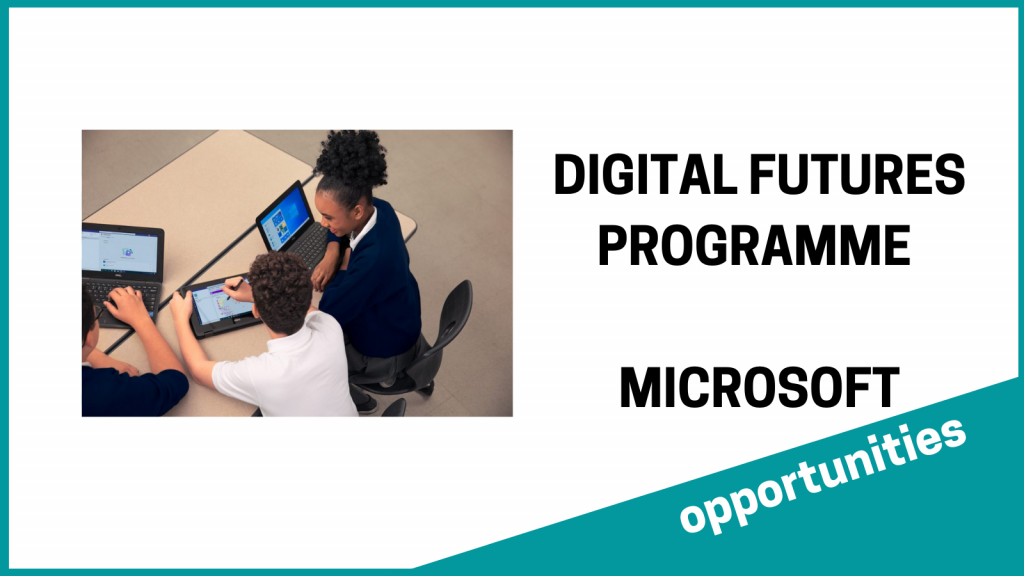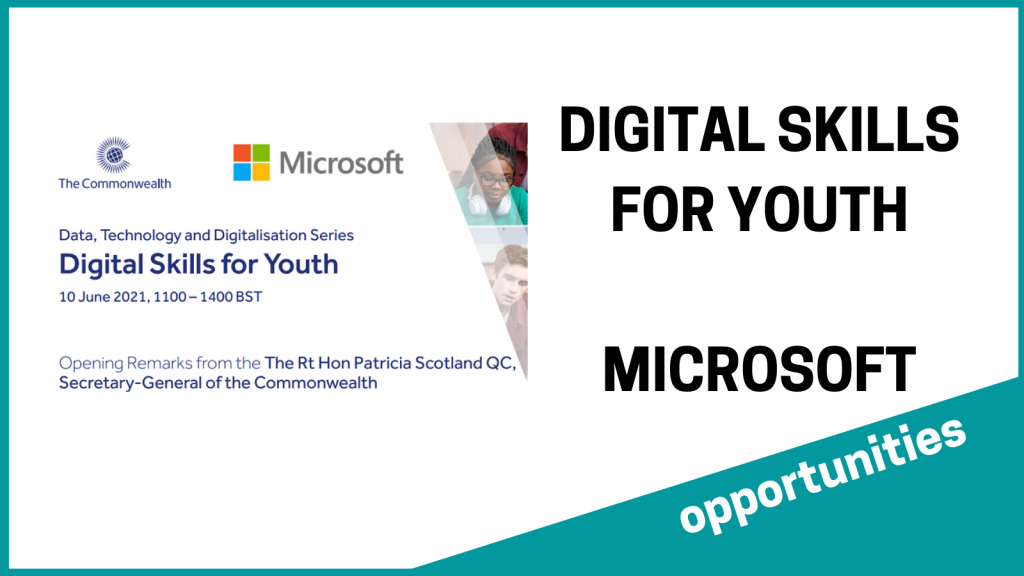The British Esports Association (@British_Esports) has developed a new Parent & Carers Guide in collaboration with the NSPCC, which aims to educate parents and carers about esports and online safety.
This guide has been created to provide information to help parents understand more about the esports industry.
The contents of the guide include:
- Information about the British Esports Student Champs
- Benefits of esports
- Esports in education
- Academic pathways
- Inclusivity and diversity in esports
- How you can get involved with your child
- Parents testimonials
- Online safety
Tom Dore, Head of Education at British Esports Association, said:
“At British Esports we’re helping to establish industry standards for safeguarding and keeping young people safe online. Developing the Parent & Carers guide in collaboration with NSPCC has allowed us to celebrate many of the positives around esports, and also highlight important issues around safeguarding and online safety.
It is crucial as an industry that we’re doing everything we can to keep young people safe while participating in esports. We should look to traditional sport, and other established industries, to learn from their ongoing work. British Esports strongly encourages all stakeholders in the esports industry to scrutinise their own practise around their work with young people and prioritise safeguarding and online safety throughout their organisations.’

